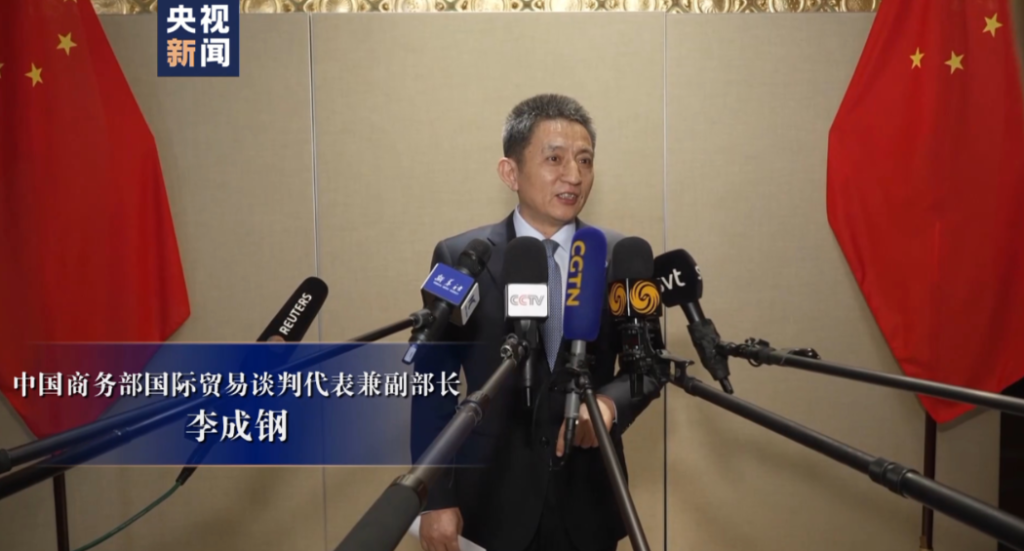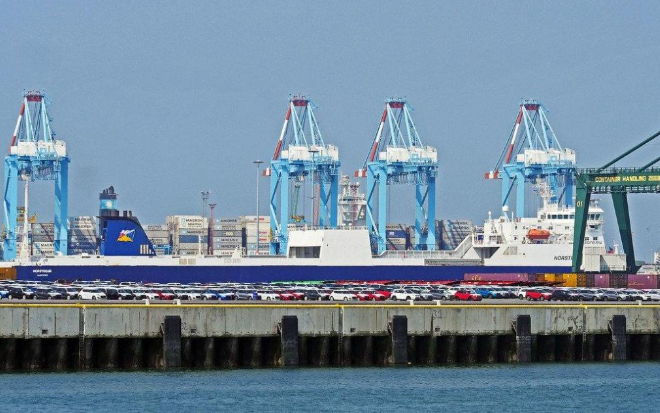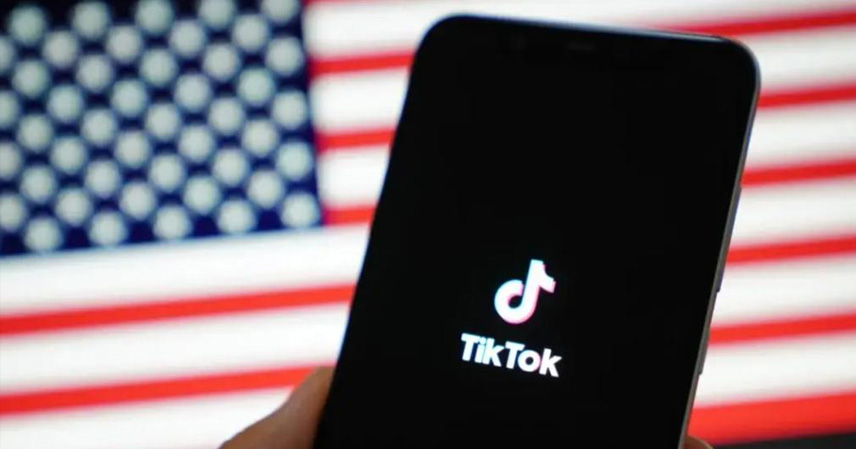The long-awaited China-U.S. economic and trade talks in Madrid have concluded with encouraging results. Both sides reached a basic framework consensus on key issues, including the TikTok dispute, reducing investment barriers, and improving trade cooperation.
But before leaving, the Chinese delegation handed Washington a piece of “homework”: cancel unjust restrictions on China. Without it, the progress achieved may prove unsustainable.
Why the World Sighed in Relief
Many might wonder: Is TikTok really worth such global attention? The answer is yes—because two critical breakthroughs emerged:

1. A “Stabilizer” for the Digital Economy
TikTok is more than a video app; it underpins the livelihoods of millions:
- U.S. creators use it to sell handmade goods.
- European businesses rely on it for promotion.
- Chinese cross-border e-commerce uses it to reach global customers.
With Washington threatening bans under the pretext of “national security,” global users faced massive uncertainty. The new agreement, which commits both sides to resolve issues based on market principles and corporate consent, provides a template for handling similar disputes in the digital economy.
For countless businesses and users, this was a reason to celebrate.

2. Loosening the “Knots” on Supply Chains
China and the U.S. are deeply interdependent:
- Chinese-made batteries power U.S. electric vehicles.
- U.S. AI algorithms rely on Chinese computing infrastructure.
Previous investment restrictions acted like tight ropes binding the global supply chain. Agreeing to reduce barriers is like loosening those ropes, allowing industries to flow more smoothly. For a fragile global economy, this means stability and opportunity.
The “Homework” Is About Win-Win, Not Pressure
China’s chief trade negotiator, Li Chenggang, emphasized: the U.S. is still expanding sanctions and practicing unilateralism. Beijing urged Washington to correct mistakes and remove restrictions, so the talks’ achievements won’t be undermined.

This isn’t a power play. It’s about finding common ground:
- For the U.S. itself: Lifting restrictions benefits American farmers, chipmakers, and Boeing. Chinese buyers shifted to Airbus after Boeing faced limits—ending restrictions could revive U.S. orders. American consumers, too, would welcome cheaper Chinese electronics.
- For the global economy: If China and the U.S. normalize trade, others gain as well. Southeast Asian factories would secure more joint orders; African minerals would find greater demand in Chinese new energy supply chains.
Three Deeper Takeaways
- China-U.S. rivalry is about rules, not annihilation.
The two economies are intertwined. Restrictions cannot secure monopolies forever, while cooperation creates lasting benefits. Talks and “homework” are about finding rules both sides can live with. - America’s anxiety reflects fading monopoly rents.
For decades, U.S. tech dominance guaranteed high profits. Now Chinese firms are catching up in new energy and AI. Restrictions are a defensive move, but history shows such tactics don’t stop progress—they only delay it. - Washington’s sincerity will decide the outcome.
If the U.S. lifts unnecessary restrictions, businesses and consumers on both sides—and the world—benefit. If not, consensus risks turning into an empty promise. Even Americans themselves may push back against prolonged barriers.

Conclusion
China has never sought confrontation; it favors dialogue and cooperation. The “homework” is a litmus test of Washington’s intentions.
The world’s collective sigh of relief after these talks shows the appetite for cooperation, not confrontation. Whether the U.S. delivers will determine if the fragile momentum endures.
At the end of the day, mutual benefit and shared growth are the only way forward.
References
- Ministry of Commerce of the People’s Republic of China, Press Conference on China-U.S. Trade Talks, Sept 2025
- Reuters, China Urges U.S. to Remove Restrictions During Madrid Talks, 2025
- Financial Times, Global Supply Chains Brace for U.S.-China Shifts, 2025



